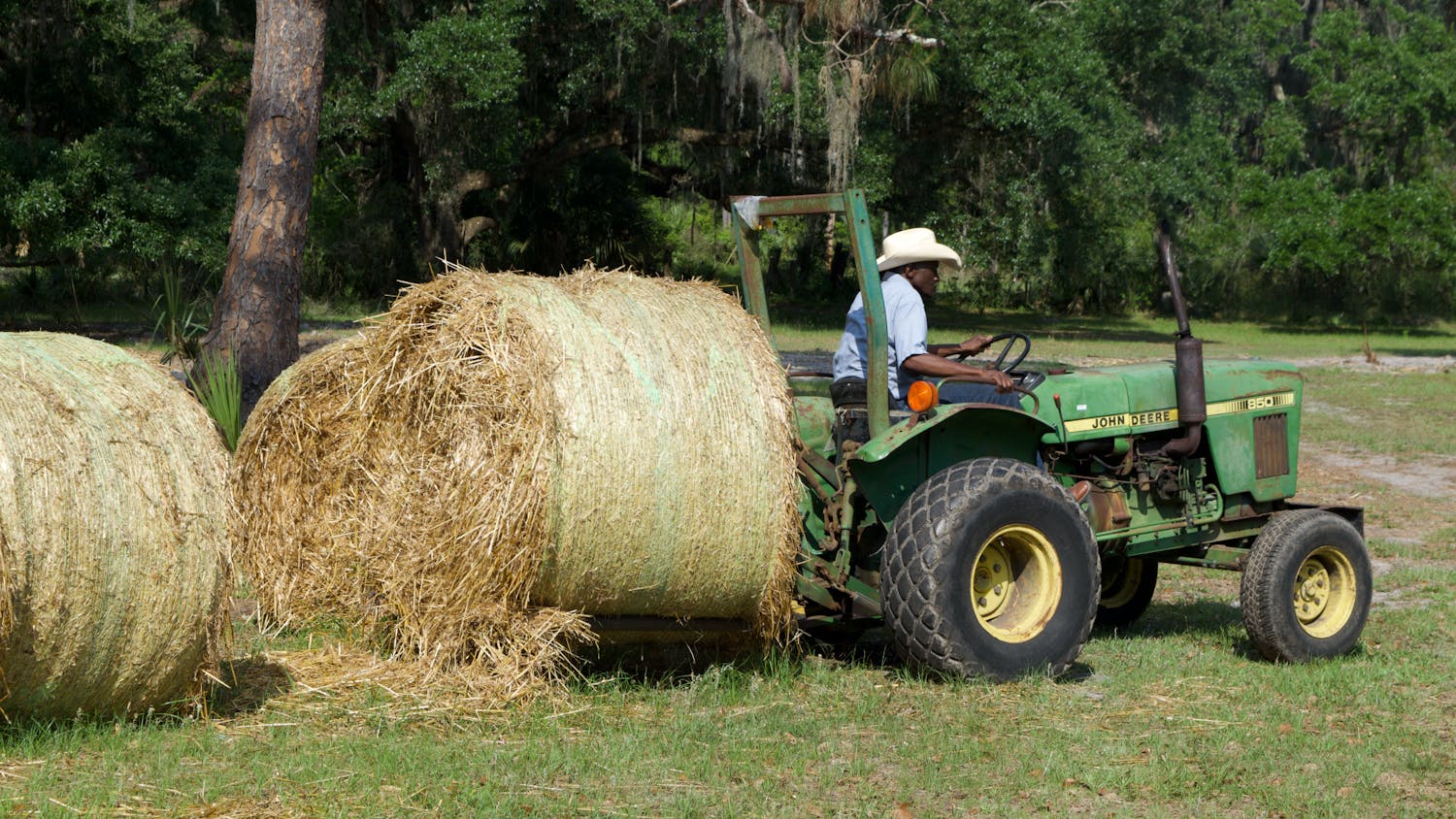Journalism is dead, and we all know it.
The Internet was supposed to be the future of the industry — well, of many industries, really. The only problem is it’s become more of an infinite echo chamber of masturbators and trolls, the stuff of substance hard to come by.
But that’s only one problem. For journalism to succeed, we need real journalists.
The journalism school at UF, a fine institution, is not training tomorrow’s journalists. It is training yesterday’s. We are taught to be impartial mediators in a confusing world, shining light on truth and giving a voice to the voiceless.
Most of those are perfect goals and shouldn’t be dismissed. What should be is the idea of journalists as “impartial mediators.” It’s impossible to be one.
This impartiality often leads to the bad practice of false balance, one that plagues journalism today. Here’s how:
Imagine a world about to destroy itself because of a changing climate — actually, we live in that world, so forget imagining it. Recently, the Intergovernmental Panel on Climate Change released a much-publicized report that climate change is happening, no ifs, ands or buts about it. I believe their exact words were “warming of the climate system is unequivocal.”
That should have been written on the top of every paper in 72-point font. Big, glaring headlines, so no one could ignore the fact that we’re looking at doomsday in a few decades.
Here’s where false balancing comes in. While only 3 percent of climate scientists deny global warming, 18 percent of voices in Bloomberg News, The Los Angeles Times, The Wall Street Journal and The Washington Post denied climate change. Fox News, naturally, was much worse — 69 percent of people interviewed denied it.
Climate change is an issue scientific in nature but political in its manifestation. The evidence stems from science, but society’s answer can only come through politics. This leads journalists to do tricks they’ve been taught to maintain their image of objectivity. They try to balance an issue based in fact with opinions that aren’t.
They are forced to ignore facts and treat climate change as any political issue. Journalists covering the issue reach out and quote people who should be deemed conspiracy theorists. While they may be searching for impartiality, a journalist’s job is to report facts, not perpetuate myths.
Bias is inherent in the human experience — we know the world only through our unique perception of it. So the second a journalist chooses which quote to use in a story, they’re including bias. Editorializing begins the moment a journalist decides which questions to ask a source or even how to focus their story.
As a professional journalist, however, it’s taboo to express any opinion. I’ve been personally contacted by a previous editor from the Tampa Bay Times because my Facebook postings were too opinionated. Of course, the editor was trying to ensure I wouldn’t miss out on future career opportunities, but I believe in journalism as a search for truth. When you hide your bias behind this sense of impartiality, you rob readers of that truth. If they know where you’re coming from, they can judge your work accordingly.
Until then, Fox News and MSNBC will continue to be taken at face value — and all that’s given us is some good material for “The Daily Show.”
Justin Jones is a UF journalism senior. His column runs on Thursdays. A version of this column ran on page 6 on 10/31/2013 under the headline "Media searches for truth, not impartiality"




